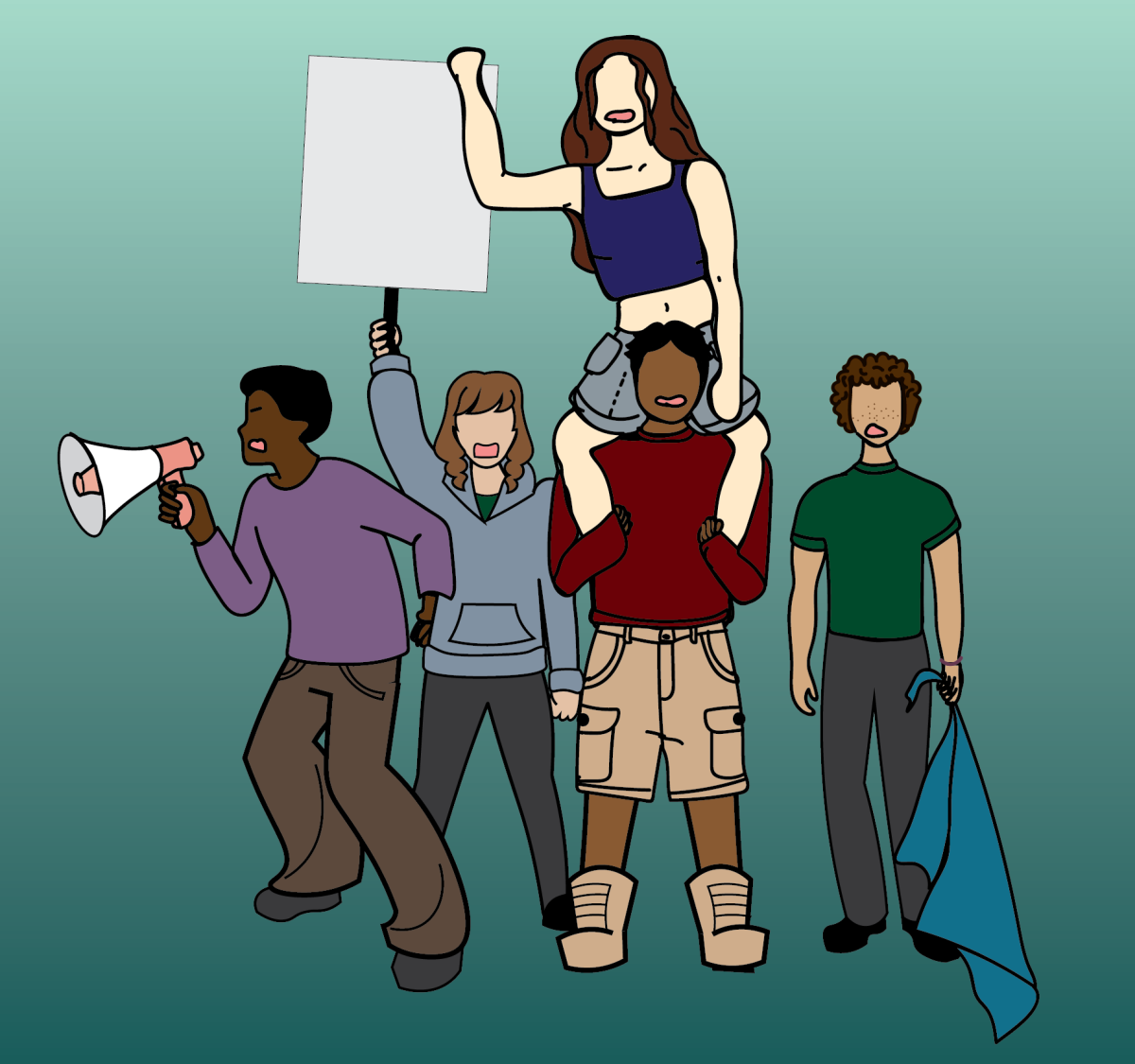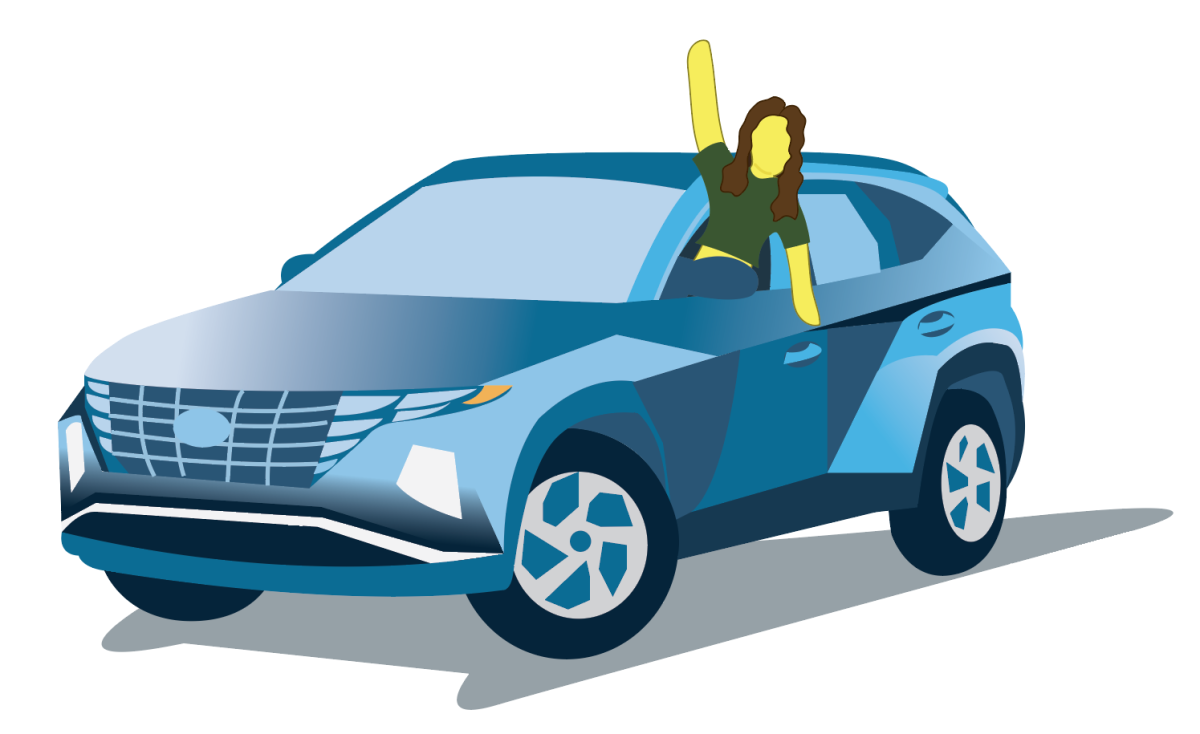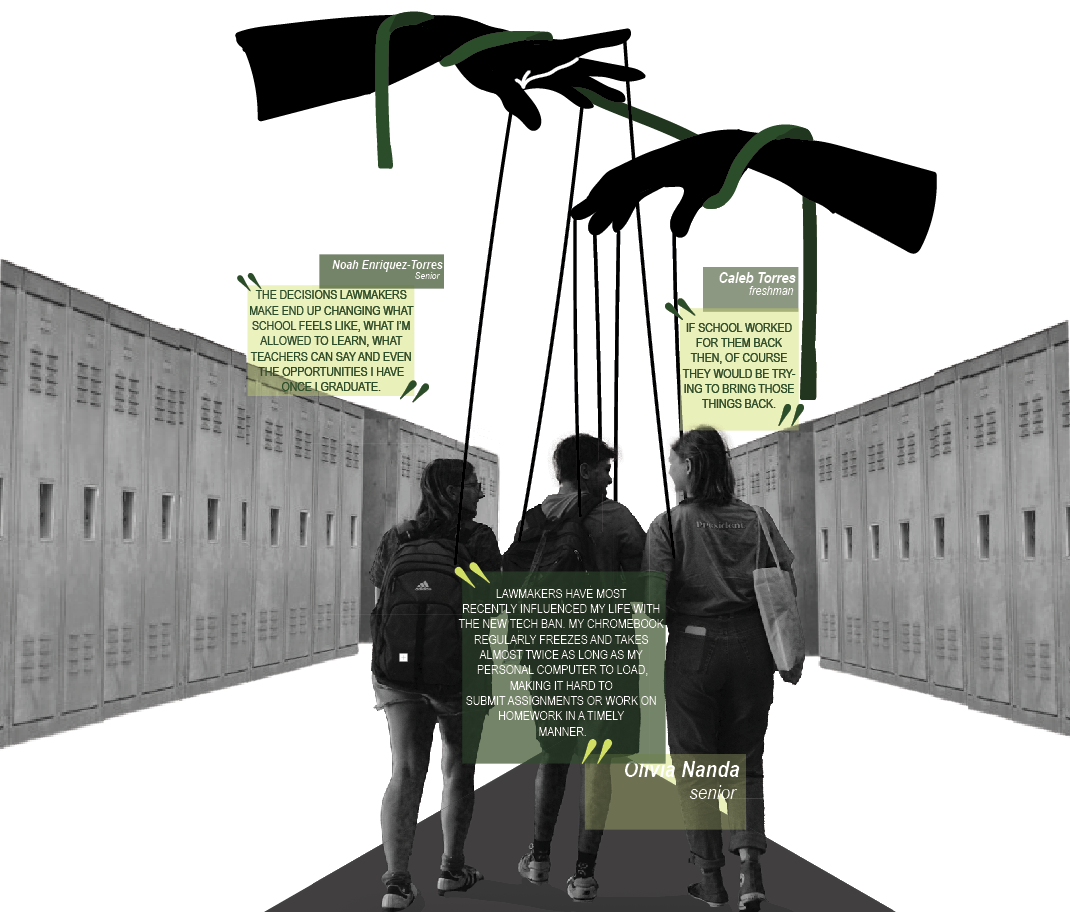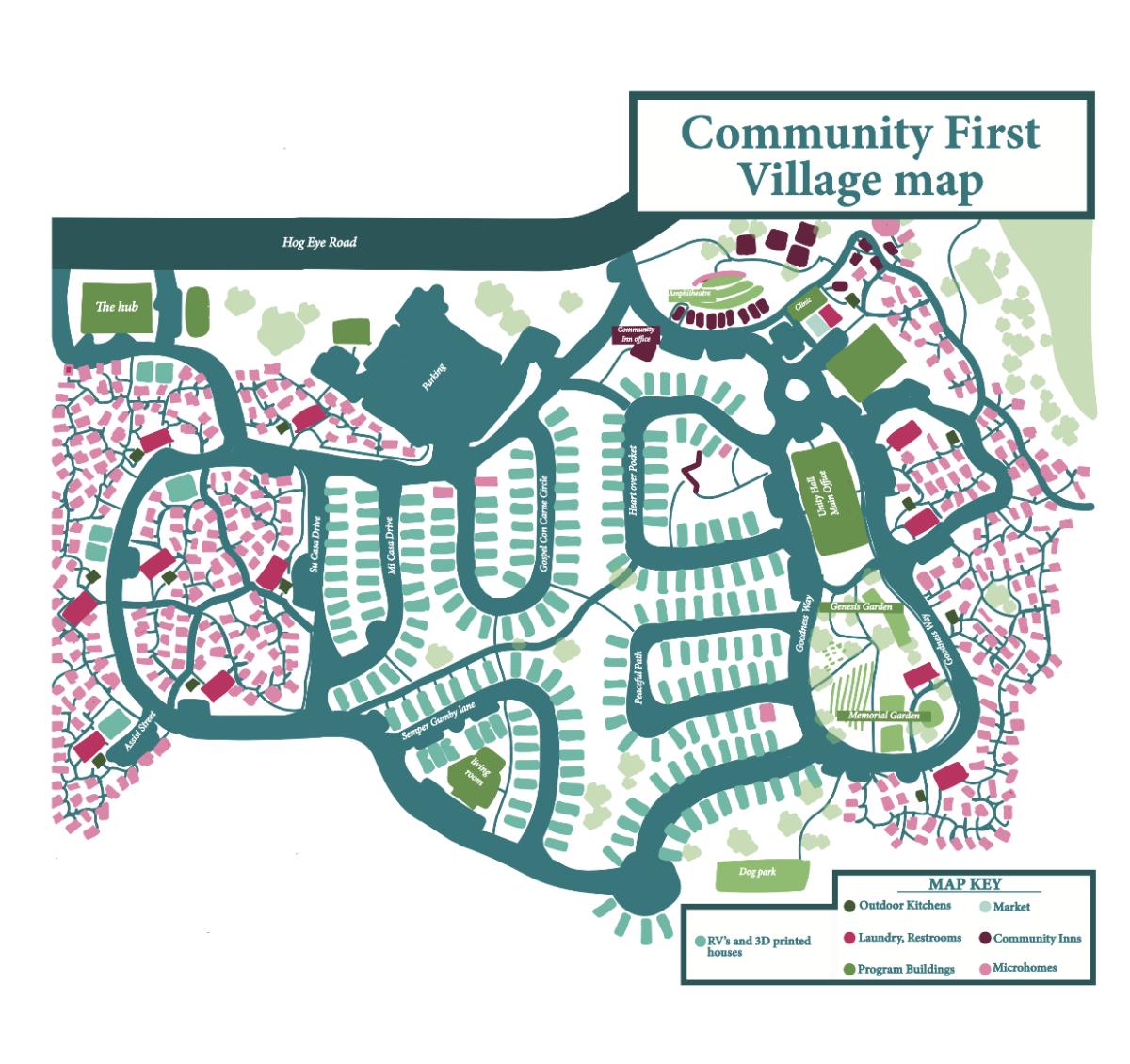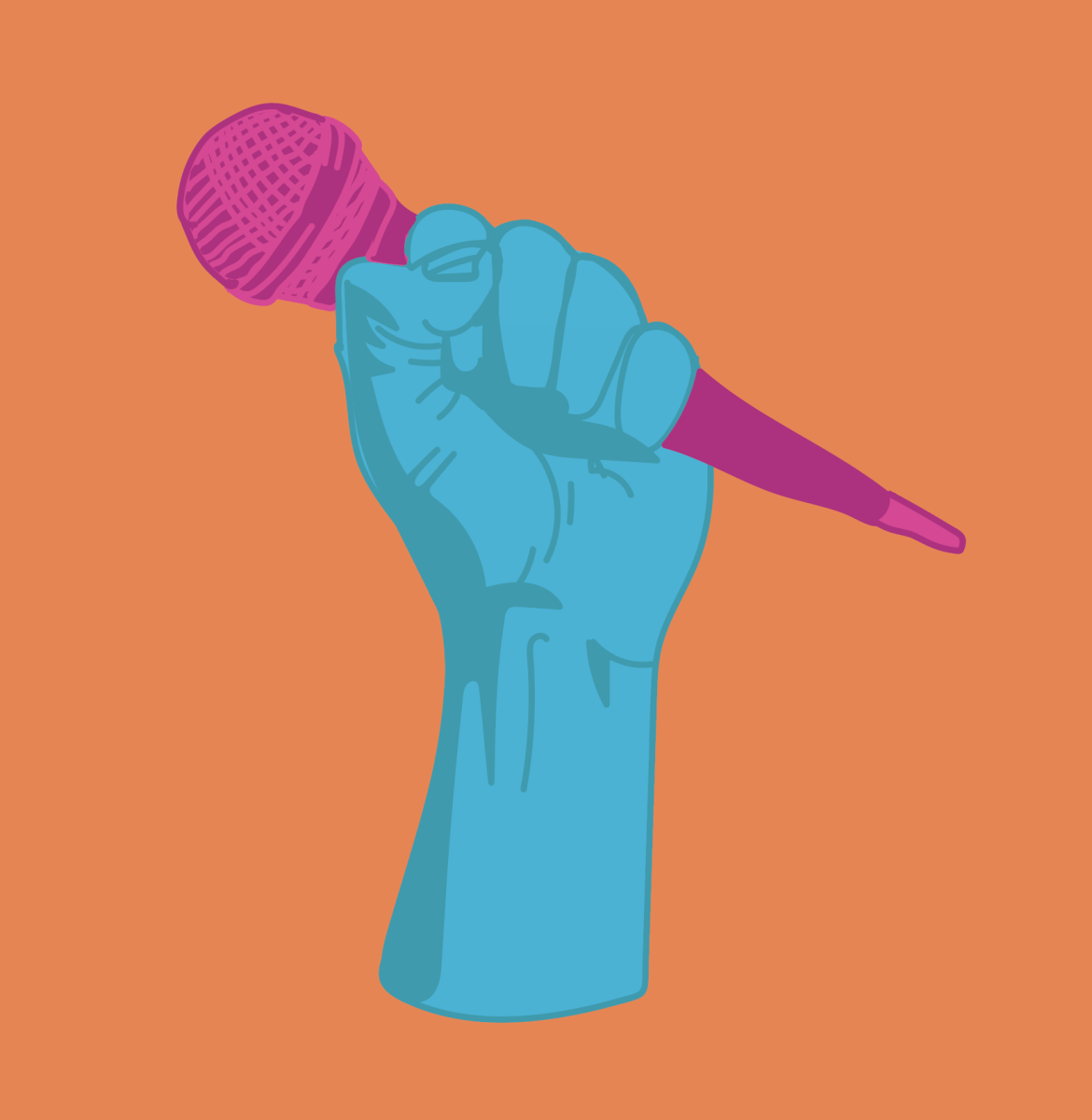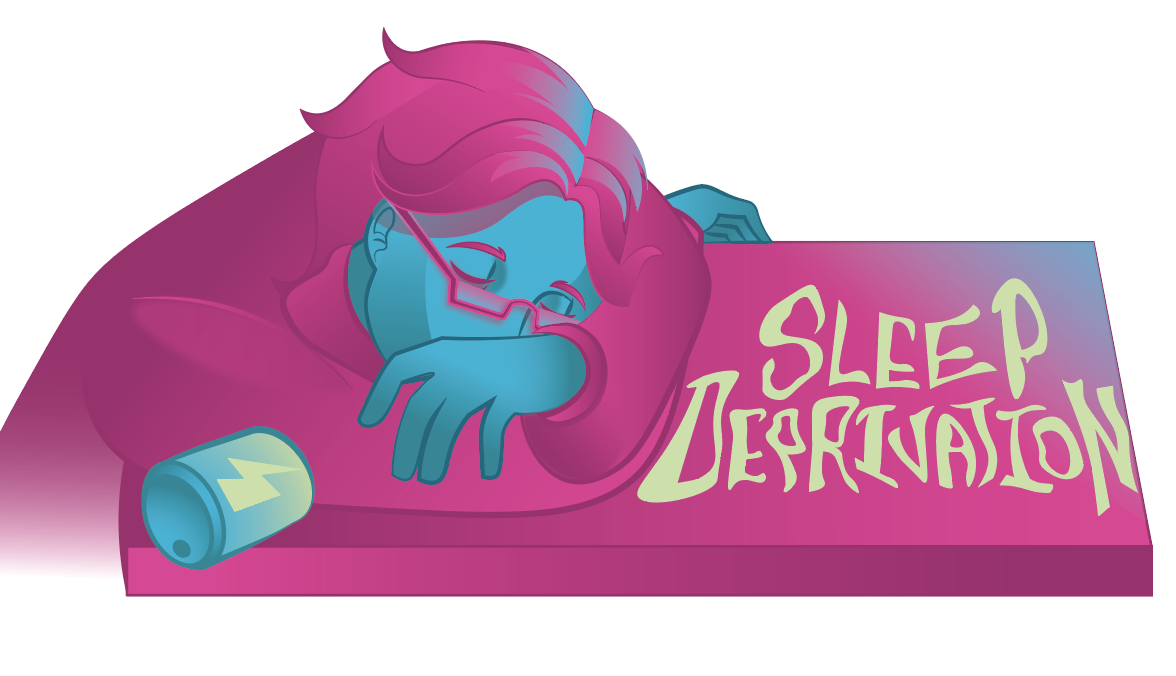Sweaty from the fires lit under their feet, thousands of passionate students roar through the streets, shaking the ground they march on. A 17-year-old high school junior pulls out their phone to record, as others shout and proudly hoist their signs as far above their heads as possible. The thick cloud of fervor surrounding the crowd keeps the fire burning. They will not be silenced, they will not be pushed around, they will not be ordered, and their fire will not be extinguished.
Gen Z steps on the scene
The image of passionate young people standing up for what they believe in is one seen time and time again throughout history, with educational institutions often acting as the battlefield for angry students fighting at the forefront. Some of the most notable waves of student activism have been precursors to significant political and social change documented throughout history.
“Every generation of students finds itself becoming activists and protesters of one kind or another, and thats healthy, and that’s natural,” Professor of Public Affairs and History Jeremi Suri said. “Because every generation of young people cares about issues that older people don’t care about. They have a different perspective on the world. That’s part of what the civil rights movement was. It’s part of what feminism was.”
As the pattern of angry and passionate youth continues into the generation of today, there are a few ways that the world of activism is seeing changes. As a result of the worldwide pandemic beginning in 2019, students of Generation Z experienced a chunk of their young lives In isolation.
“With COVID, there was a moment where everybody felt like they had to know what was going on around them because we didn’t really get to experience it ourselves,’ sophomore Fiona Sobocinski said. “We had to go out and we had to do research, which hasn’t been the case in the past because you’d just be going about your life, you didn’t really think about it.”
Growing up in an age of global isolation, the generation of young people has developed a hunger to be educated about the world around them. Many young people in today’s world look to the plethora of information that resides online, specifically on social media platforms.
“This generation has two advantages; first, they know how to use social media in a way that others don’t,” Suri said. “Second, they have a sense of some of the problems in the world. Young people don’t always have good solutions, but they have a good sense of the problems.”
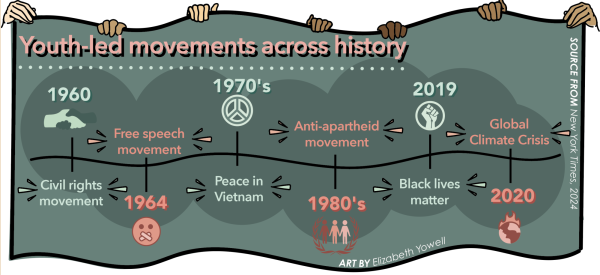
Equipping Social media as a tool of activism
Because today’s generation of young activists has grown up only knowing a world of modern technology, many have become accustomed to utilizing the online world as an outlet to educate themselves, and a tool to advocate for what they believe in.
“I think the positive is that your generation has more information than any generation has ever had before,” Suri said. “You can go on your phone right now and get in-depth coverage of what’s happening in Ukraine, or what’s happening in Gaza. You have the kind of data you can get in a few seconds that used to take hours in the library to collect.”
In the midst of recent Pro-Palestine protests taking place across the nation, Bowie senior Kinda Natsheh, who has been continuously active in advocating for an end to violence in Palestine, was inspired to organize a walkout. She posted information about the time and location of the walkout on her Instagram story.
“I’ve been using social media as a tool of activism for a while because I think social media is probably the best way to get people involved with politics,” Natsheh said. “It’s where most young people get their news information. So for a while, I’ve been sharing articles and posts that I think are important and resonate with my beliefs.”
Students like Natsheh, who share content on social media in an attempt to advocate and bring awareness to issues they feel passionately about, are contributors to the circulation of information that has inspired so many other young people to get involved with activism.
“Because of social media, there’s been a lot more awareness that’s come up about certain social problems that a lot of people weren’t aware of,” Sobocinski said. “When there’s an underrepresentation of a marginalized group, issues can kind of get lost. Social media has made it so that people can see what others are going through in a more magnified way.”
Speaking out through the Duct tape
As activists, especially young ones, many students face the very institutional and political powers from which they are demanding change, taking measures to prevent advocacy or shut down demonstrations. In the recent Pro-Palestine protests popping up on educational campuses across the U.S., like Columbia University, MIT, the University of Pennsylvania, and Austin’s very own UT, the demonstrations were abruptly halted by the intervention of the local police forces.
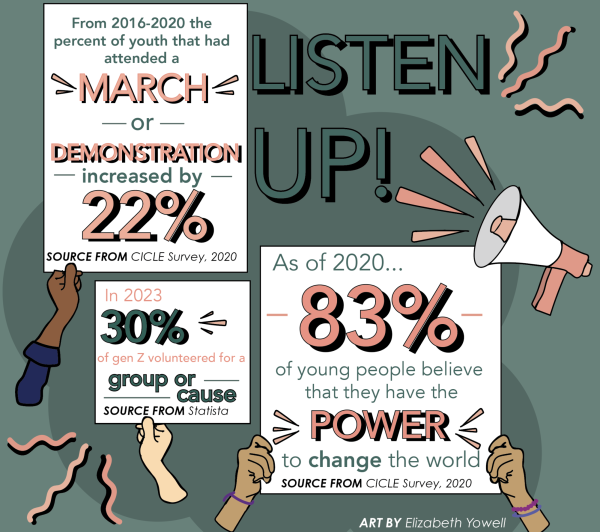
“The worst thing to do is like what we did at UT where we brought the police in, I think you don’t have to agree with everything that students say, sometimes activists and protesters are a little naive,” Suri said. “The best thing to do is to reach out, talk, and engage. If you try to repress these feelings, they don’t go away. They get stronger, they get more radical, and they become more angry.”
The intervention of institutions in student or youth-led demonstrations, especially by law enforcement, has been a historical reoccurrence, dating back to efforts of the civil rights and anti-war Movements throughout the 50s, 60s, and 70s. In an interview published by the San Diego Union-Tribune in early May of this year, Lisa Deaderick notes how those who held positions of power in the 60s and 70s criticized student protesters for not holding more peaceful demonstrations. However, she writes, that even in attempts at peaceful protest students are still apprehended and often punished by police and school officials
“Efforts to silence young people rather than listening and negotiating with them, will only increase anger and will only increase conflict,” Suri said. “It’s counterproductive to try to repress them, and that’s what the historical record would show; that the ideas and beliefs of young people don’t go away because someone older tells them to shut up. They just deepen.”
In the Union-Tribune interview, Roderick A. Ferguson, the author of “We Demand: The University and Student Protests” and professor at Yale University, describes that young people who are passionate about seeing any sort of ethical change, will continue to push against those with power, even with attempts of repression against them, until they see change taking place.
“Older people can convince themselves that since they’ve been successful for thirty, forty years, they can just go on as they always have,” Suri said. “Young people, they have some real insights. Every generation of young people does. Because you look at the world and things that we’re taking for granted, and you say; ‘those things we’re taking for granted, they don’t have to be that way.”
Leaving their mark
‘The youth have the power to change the world.’ This phrase is one many young activists have heard growing up. In a world with so many social, political, and environmental issues, Gen Z is more active in pursuing change than ever. In a 2020 poll, done by the Center for Information and Research on Civic Learning and Engagement (CIRCLE), 83% of young people believe that they have the power to change the world.
“Our new generations are what’s keeping our culture alive,” Natsheh said. “There’s a quote that I heard when I saw the activist and author Angela Davis, and she was saying how the younger generations should work to make equality, a habit and not a hobby. I think that activism should be kind of the same. It shouldn’t be a hobby, It should be something that you continue to do because it’s the right thing to do, because you know that it is what should be happening.”
From the civil rights movement to the global climate change movement, where Gen Z activists like Greta Thunberg have led waves of worldwide activism that have garnered several successes, activists of Gen Z can be predicted to only increase their involvement in the political, social, and environmental issues of today’s world.
“I think students are saying okay, now we need to make our voices heard,” Suri said.”If we have good political leadership, there will be discussion, leaders will reach out. That doesn’t mean they’ll give in on everything, but it means they’ll reach out and they will engage and students should feel like they matter. If students don’t feel like they matter, and I think they don’t feel like they matter now, they’re going to continue to progress.”
As Gen Z activists continue to call for their voices to be heard and push for change in issues they feel passionately about, their success in areas they have advocated for will shape the future of activism for generations to come.
“Youth Activism is powerful because the youth of society is the future of our society, so they will be around for longer,” Sobocinski said. “We as young people really paint the picture for the future. So it’s really important to be a young person sharing your opinions and advocating for things you believe in because you in the long run will make up what the future becomes.”



